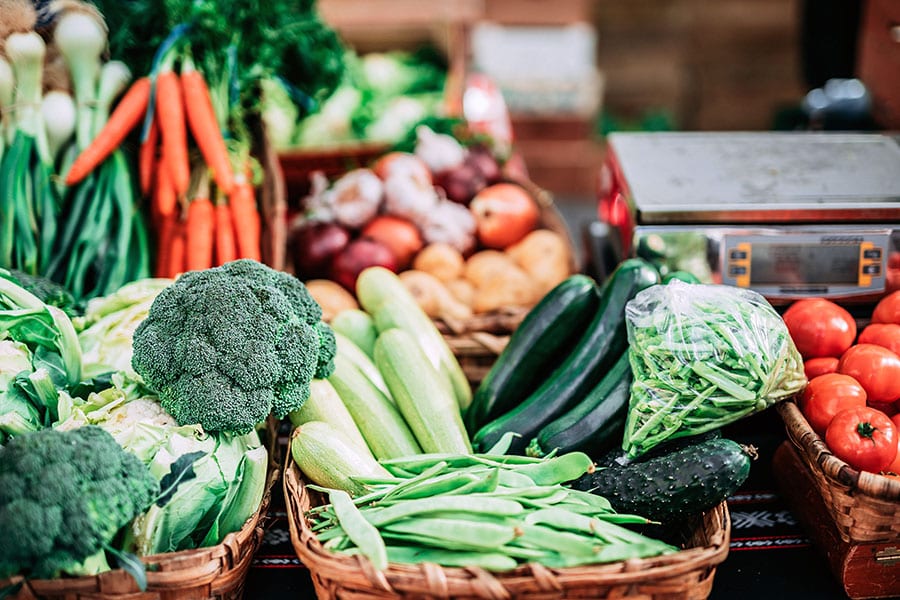If your elderly loved one is diabetic, a proper diet is a key to helping them stay healthy. A healthier diet is one of the best ways to improve the quality of life for any senior, but especially those living with diabetes. This article will explore dietary changes to make living with diabetes easier for your loved one.
Why Dietary Changes are Important
Your diet has a major impact on how you feel. When living with diabetes, the amount of sugar, fat, carbs, and salt you consume can drastically affect your health. Managing your intake of these nutrients can help reduce the risks of complications that diabetes may cause. When making any changes to your loved one’s diet plan, be sure to talk with their doctors first. Certain medications may require limitations of certain vitamins and minerals.
Foods that Diabetic Seniors Should Avoid
Unfortunately, many diabetics use their medications as an excuse to continue eating unhealthy foods. Items that are high in sugar, such as soda or candy, should be avoided or consumed sparingly. Limit sodium intake when possible. Many processed foods can be high in sodium or sugar, so read labels carefully, or go for more natural options. Fats and carbs can be a major problem for diabetics. They break down into sugars, and can often lead to spikes in blood sugar. Foods that are high in cholesterol can also be a major issue for diabetics. Limit alcohol consumption as well. Alcoholic beverages are often high in carbs, sugars, and calories.
Creating a Diet Plan
Creating a healthy diet plan for your elderly loved one can be a challenge. The most important thing to understand is that while too much sugar or carbs can be a problem, they will still need some of these nutrients. Therefore, it is best to find more nutritious ways to get them. Often, more natural food products will yield more nutrients, and provide your diabetic loved one with a healthier diet. Overall, be sure to balance food groups and stock up on a wide array of fresh fruits and vegetables.
Nutrition for Diabetic Seniors
Healthy carbs can be found in whole grains, beans, and many fruits and vegetables. Fresh fruits and vegetables can go a long way in providing healthy sugars, fiber, and more. Providing a range of fruits and veggies can offer a wide range of vitamins and minerals. Additionally, choosing lean proteins, such as chicken or fish, have less fat than beef or pork. Healthy fats can be found in foods such as avocados, nuts, and olives.
Ask a Doctor or Nutritionist
Be sure to ask your loved one’s doctor or nutritionist for a more detailed dietary plan to fit their needs. This is especially important to be aware of foods that may interfere with medications. Maintaining a balanced diet can be vital to keeping your loved one healthy.
Your Loved One’s Aide and Diabetic Meal Prep
Your loved one’s home health aide can help ensure that your loved one is maintaining a healthy diet. Our home health aides can provide your loved one with a wide variety of services, which includes tasks such as meal preparation and grocery shopping.
Safe Harbor Healthcare Services does not provide medical or healthcare advice via articles. This material has been prepared for informational purposes only, and is not intended to provide, and should not be relied on for medical advice.
Safe Harbor Healthcare Services has been providing excellent home care on Staten Island since 1967. Our services help the elderly and disabled live safely and independently; while giving their families the peace of mind they need. For more information, contact Safe Harbor by clicking here, or call us at (718)-979-6900.

